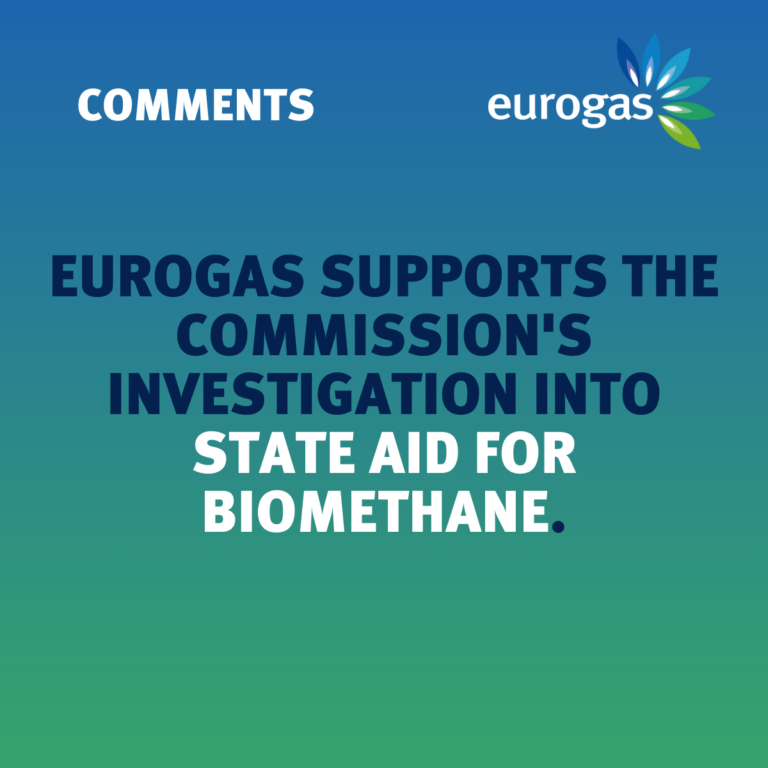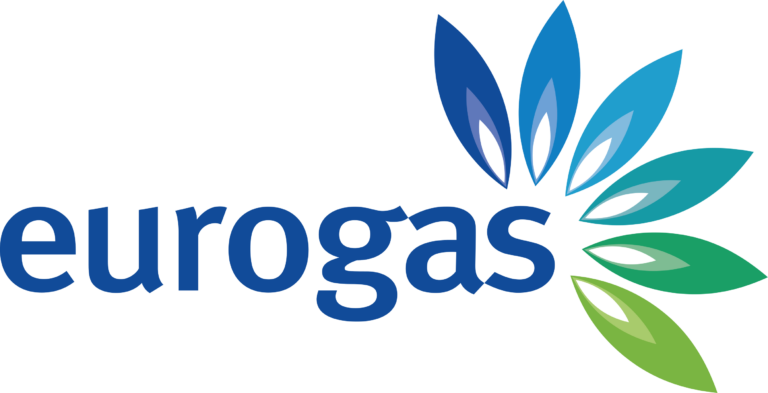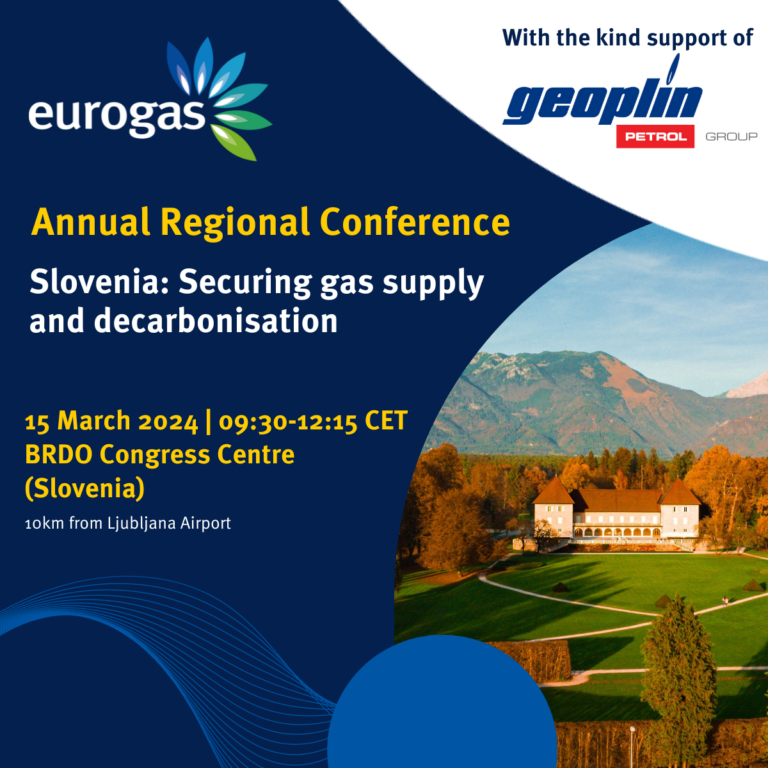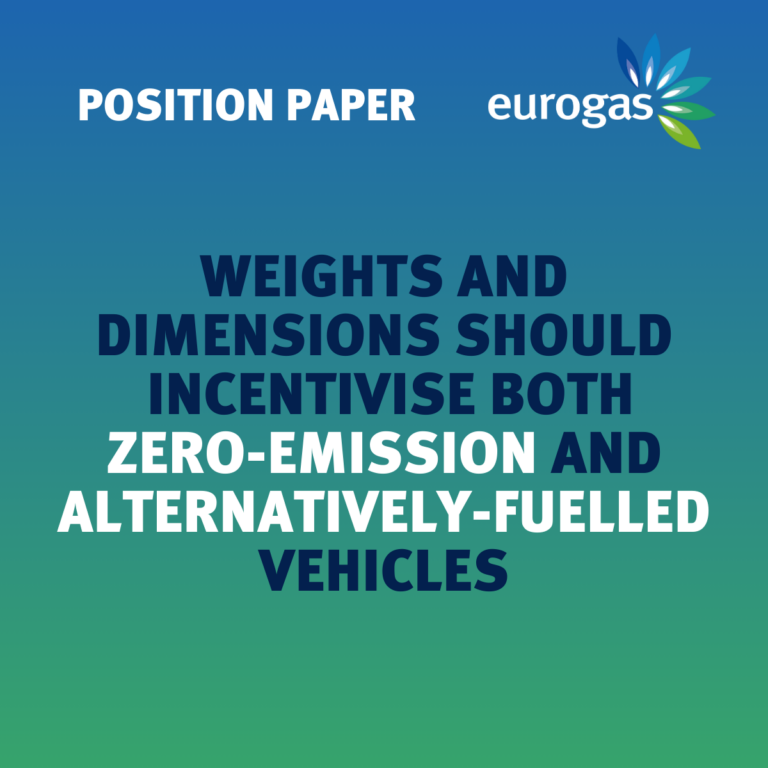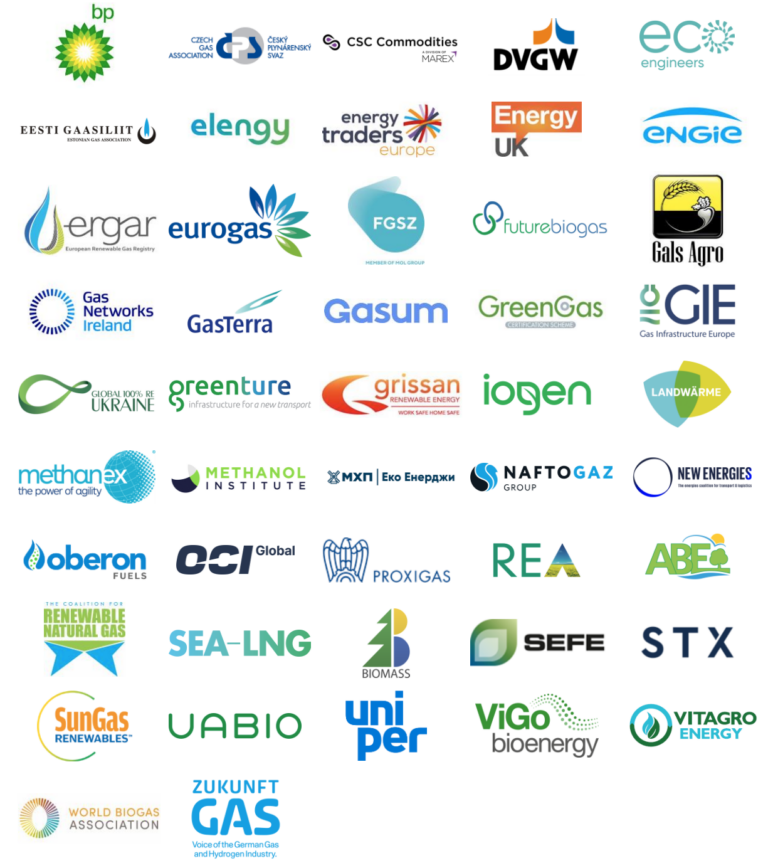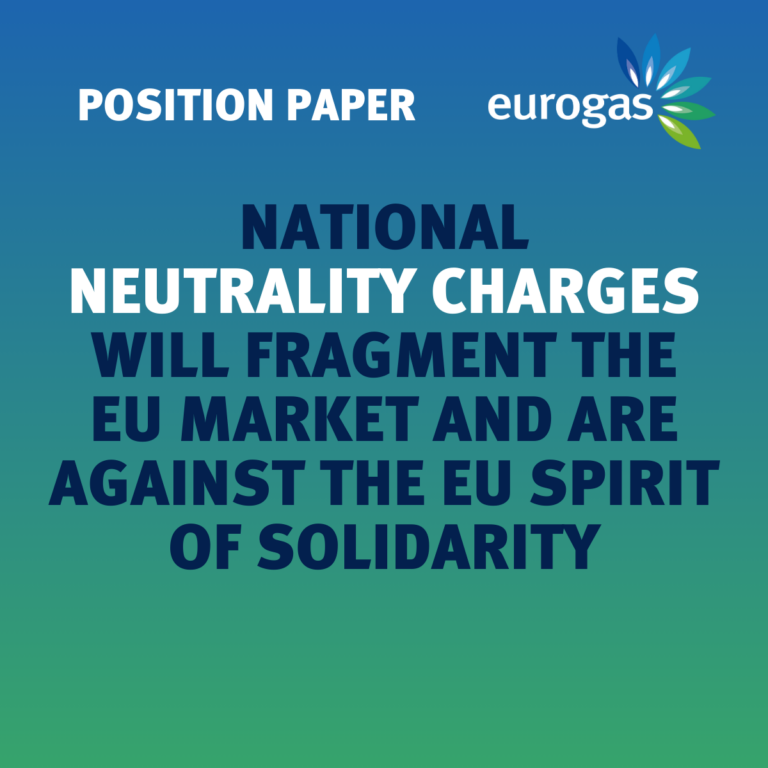| Dear Readers, At this time, my thoughts, and those of everyone in Eurogas, are with the people of Ukraine. As difficult as it may be, it is imperative that we look at this situation head on. We are in constant contact with our member Naftogaz and we are deeply moved by their courage and resilience. We need to take the same steely approach to the urgent challenges of the climate emergency and diversification of our energy supplies. We have seen the European Union move at remarkable speed to propose options to manage this new crisis. Diversification of supply, including the scale up of renewable and low carbon gases, is key as is continued Energy Efficiency improvement. This should support urgently needed renewable gas deployment and protect customers at the same time. That is a well-established call from our association. We have also been meticulously examining ideas around gas storage and formulated positions on how this could realistically work. I write today to provide some insight into Eurogas’ thinking on various mechanisms. We are ready to set out our stall transparently, and our door is open to anyone who wants to discuss our ideas now, when meaningful dialogue is more important than ever. The Commission has given a clear steer to diversify supply. We welcome the drive to increase LNG and hydrogen imports, although the proposed levels are ambitious. This will need to be supported by domestic production of natural, renewable and low carbon gases. Working on a number of fronts in this way reduces dependence on any one source in the years to come. The direction of travel, coal and oil phase out, was set some years ago. Although the current crisis may slow it down, it should remain the target. When we achieve that and get to a fully decarbonised energy system, we will rely on gases for many needs, including storage and fast ramp up times in power, as well as in industry, buildings and transport. Despite the challenges we face, we need to continue working to fully decarbonise the gas, heat and electricity sectors before 2050. Alongside improved permitting for renewables deployment, Eurogas fully supports the European Commission proposed targets for 35bcm biomethane and 20mt green hydrogen by 2030. Our efforts on scaling these gases must continue in earnest. These targets should be cemented into legislation through the revisions of both the Renewable Energy Directive and the Gas and Hydrogen Package to provide investor certainty. Energy efficiency is more important than ever. Achieving it requires a multi-pronged approach, tackling points such as building insulation as well as inclusion of savings from coal and oil to gas switching in the energy savings obligation in the Energy Efficiency Directive. Back in October 2021 the Commission outlined measures and solutions to help consumers reduce demand, that too is part of the solution. While the above points are generally in line with well-established positions, we have shifted our thinking on storage obligations. While not necessarily a suitable long-term measure, we see minimum storage obligations as an important short term one, we welcome the general approach of the Commission, including finding an equitable burden sharing mechanism. Care is needed here to ensure the regulation does not exacerbate volatile prices. We also need to consider Member State specific requirements. Some EU countries have plenty of storage, others very little and some are more dependent on LNG imports. The reduction of the filling level from 90% to 80%, as seen in the proposal for revision of the Gas Security of Supply Regulation, is helpful as the last few percent are the most expensive to fill. It would be better again to allow flexibility on Member State filling as some do not need 80% in their stores to ensure they meet demand. Eurogas traditionally had some reservations on Joint Purchasing, which is difficult to manage in an open market. However, we considered the proposition by the Council to use joint purchasing to ensure affordability of gas and believe that this war justified a review of our position. As a consequence, Eurogas proposed to the Commission a series of conditions to make joint purchasing possible. I would like to thank the Eurogas Strategic Committee and the policy team for this work, achieved in a very limited time. It is a strong belief of mine that dialogue and open-mindedness help overcome challenges, that is one of our core values at Eurogas. Having paused our events after the war started, we will host our Annual Conference on June 14. We count on our members and the broader energy community to join us there and share your thoughts with us as we work through these volatile times. Sincerely, Didier Holleaux Eurogas President  |
